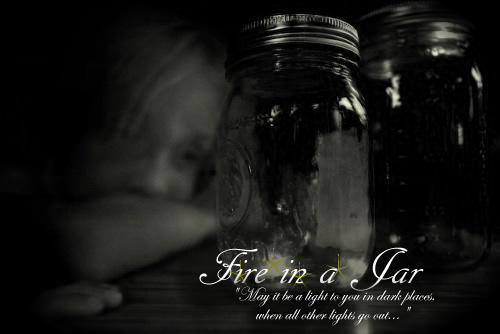What's so bad about comfort? Few of us would deny that we like our luxuries, however small they may be. But the problem isn't just indulgence: it's getting to a place where you're so comfortable being where you are that you forget to grow.
Forget? Well, yes. Growth is not an automatic process. It is the very intentional result of learning from the potent moments, those times in our lives when we are brought to a crisis point of personal identity (to borrow from Jerome Miller's description in The Way of Suffering), and then acting in accordance with those revelations. We always have a choice in the matter. We can take the easy road and remain more or less static, maybe even regress a bit. Or we can choose the harder climb, which requires not just a once-and-done decision, but also a moment-by-moment commitment to change.
In von Aue's story, Erec recognizes this or, well, something like it (I'm over-simplifying here, okay). He dons his armor, takes his wife, and sneaks away from his castle to enter the forest at night, the place where, in chivalric literature, adventures take place. Throughout the journey thus commenced, Erec denies himself the comforts he permitted previously. He and Enite travel through the night without food, avoid the homes of noblemen where they might dine and rest, encounter dangers and injury, and travel far. Erec refuses even to share a bed with his wife, so committed is he to correcting his error.
Erec follows a typical medieval storyline, in that he swings between extremes before reaching the virtuous state of moderation that von Aue repeatedly praises throughout the story. While such moderation is every bit as important as von Aue states, Erec's journey does suggest an additional point: that growth can be accelerated by intentional discipline.
We don't always face crises in our lives, not the really big ones anyway. There are only so many loved ones we can lose or big decisions we can make, and there are a lot of "everydays" in between, during which we must somehow not regress into old ways of thinking or acting. How do we motivate growth? Discipline is the process whereby we introduce a myriad of miniature crises into our lives. By determining to do that which we might desire, for our own comfort, not to do, we create a moment of crisis. We are forced to make a choice that we might otherwise have easily avoided. Discipline asks the question over and over, while growth is the sum of consistent, positive responses to that which is asked of us.
Ultimately, Erec is able to return home and be re-integrated into society. He proves to be a just and respectable ruler, who never yields to the excess of comfort again. And that's the period on the sentence: that not all comfort is bad. It only becomes a problem when it's too much of a good thing. The key to living well is the willingness to dwell in a tension between seeming polarities and to know when to sway to the one side and when to sway to the other. It isn't easy, but when it is done well, it is well worth the doing. And perhaps with time that which once required conscious commitment may become easier to say yes to. At which point: "further up and further in," my friend, further up and further in.
